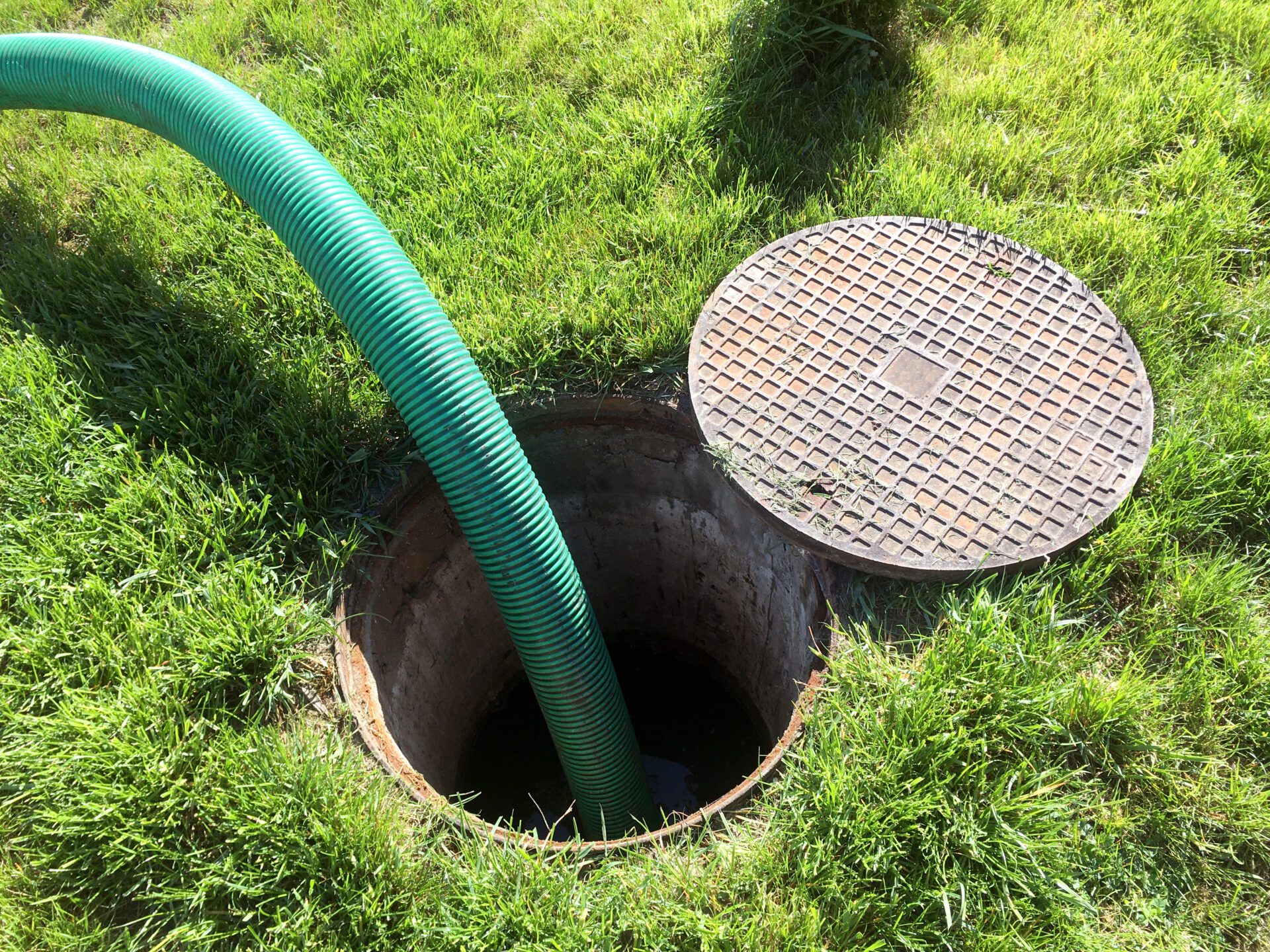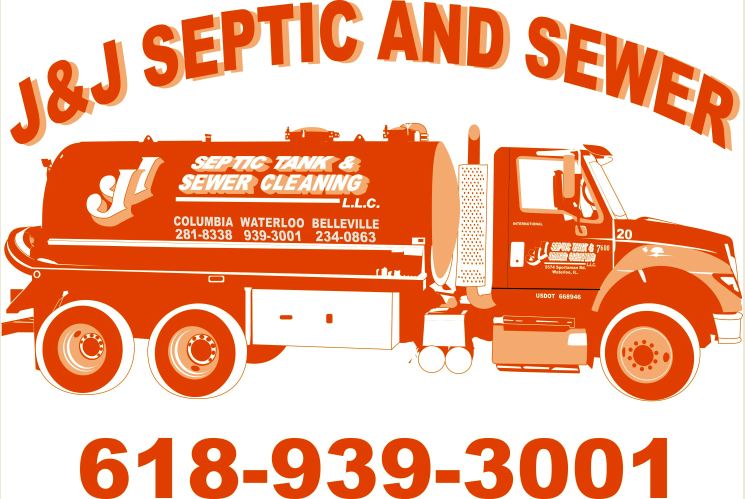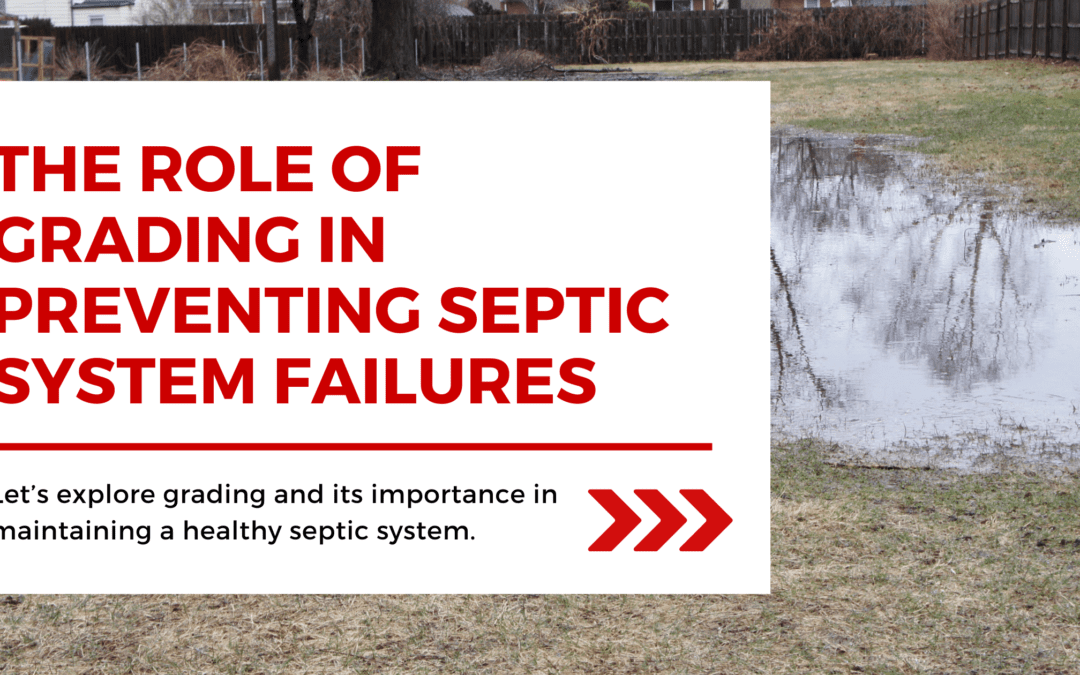- Grading is the process of shaping the land around your home to direct water flow away from your septic system, which helps prevent issues like backups, slow drainage, and potential failures that can lead to costly repairs.
- Maintaining correct grading enhances the longevity of septic systems by minimizing excess moisture, reducing wear and tear, and lowering the frequency of pumping.
- Hiring a certified professional for septic system installation and grading ensures compliance with local regulations, facilitates proper design and drainage management, and ultimately protects your home from septic system failures.
Most people associate home care with obvious elements such as roofing, plumbing, and landscaping, but beneath the surface lies a critical component that frequently goes unnoticed: the septic system. It is the unsung hero of your household, working tirelessly to manage waste and keep everything running smoothly, and the secret to its success is proper grading.
Let’s explore grading and its importance in maintaining a healthy septic system.
What is Grading?
Grading is the process of shaping the land around your home to direct water flow. It involves adjusting the slope of the ground so that rainwater and runoff move away from your septic system.
Proper grading is critical in Illinois due to the state’s combination of high rainfall and clay-based soil that does not drain well. Without proper grading, water may pool near your septic tank and drain field, leading to oversaturation of the soil. This can cause issues like backups, slow drainage, and septic system failure.
Why Grading Is Important for Your Septic System
A septic system usually lasts 15 to 40 years, and with proper care, it can last even longer. Grading controls water flow around your property, preventing issues that can lead to costly repairs to your septic system.
Here’s why having proper grading is necessary for maintaining your septic system:
Prevents Water Accumulation
Effective grading directs excess rainwater away from your septic tank. When water gathers around the tank, it can overwhelm the system. This causes backups, slow drainage, and potential failures, leading to expensive repairs and cleaning. Proper grading helps avoid these issues and keeps your septic system functioning smoothly.
Protects System Function
A septic system depends on the balance between soil absorption and treatment. Poor grading disrupts this balance by saturating the soil, making it unable to filter waste properly. As a result, the entire system suffers.
However, with proper grading, the soil remains well-drained, supporting the system’s ability to treat wastewater efficiently.
Enhances Longevity
Proper grading keeps your sewage system running efficiently and also extends its lifespan. It prevents excess moisture from damaging the system by directing water away from the tank and drain field. This approach reduces wear and tear, lowers the need for frequent pumping, and minimizes the risk of costly repairs.
Improves Drainage
It enables wastewater to flow freely through the system, preventing clogs and backups. When the system drains properly, it treats waste more effectively, resulting in better overall performance.
Reduces Environmental Risks
By directing wastewater away from the septic system, grading helps lower the risk of contaminating nearby soil and water sources. According to the U.S. Environmental Protection Agency (EPA), poorly managed septic systems can contribute to groundwater contamination, which poses health risks to communities.
Simplifies Maintenance
When grading is correct, it simplifies the maintenance of your septic system. Proper drainage reduces the chances of emergencies that require immediate attention. Regular inspections become easier, allowing for timely upkeep and preventing major issues.
Signs of Poor Grading

Now that you see the importance of proper grading, it’s time to assess how well your grading system performs. If you feel uncertain about the efficiency of your grading, watch for these signs that indicate it might need improvement:
Standing Water
One of the clearest signs of poor grading is standing water. If you notice puddles forming around your septic tank or drain field after a rainstorm, the land may not be sloped correctly.
Water should naturally flow away from the septic system, not collect around it. When water builds up, it saturates the soil, putting extra stress on your waste management system.
Soggy Soil
Does your yard feel mushy or overly soft after rain? This condition serves as another red flag for poor grading. Proper grading guarantees that rainwater absorbs into the ground and flows away from the treatment system.
When grading fails, the soil becomes waterlogged. This excess moisture harms your lawn and plants, forcing your septic system to work harder and increasing the risk of failure.
Odors
Strange odors in your yard are never a good sign. If you notice a sewage-like smell near your septic tank or drain field, it means wastewater isn’t flowing as it should. Addressing this issue quickly helps prevent bigger problems, including health risks for your family and neighbors.
Greener Grass
While green grass often indicates a healthy yard, overly lush or vibrant patches near your septic tank can signal a problem. When wastewater surfaces due to poor grading or drainage, it acts like a fertilizer, causing the grass in that area to grow faster and thicker. This patch receives more moisture and organic nutrients than the rest of the lawn. Please ensure that you have a professional check on your treatment system.
Common Grading Mistakes to Avoid
If you don’t maintain your septic system properly, it can create problems for your home and the community you live. It can provide breeding grounds for mosquitoes and pests, lead to unpleasant odors, and even cause sewage to back up into your home. This can spread diseases and pollute groundwater, wells, rivers, and lakes near you. To avoid these issues, here are some key mistakes to watch out for and tips on how to fix them.
Ignoring the Slope Direction
One of the most significant mistakes is not paying attention to the slope direction. Water should flow away from your septic tank and drain field.
To fix this, regularly check your yard’s slope after heavy rain. Make adjustments if you notice water accumulating near your septic system. A professional can help provide proper grading solutions.
Overlooking Drainage Features
Many homeowners forget to consider existing drainage features, like ditches and swales. These features help direct water away from your septic system. If you build up the soil without considering these features, you risk blocking drainage paths.
Before making any changes, observe how water flows in your yard. Confirm that your grading does not obstruct these natural drainage areas.
Neglecting Soil Type
Different soil types drain water differently, which is crucial when it comes to grading. In Illinois, you’ll often encounter clay soil, which retains water and does not drain well. If you ignore your soil type during grading, you may create conditions that lead to inadequate drainage.
To prevent this issue, test your soil before making any grading adjustments. This allows you to create proper slopes that direct water away from your septic system, preventing future problems.
Not Planning for Landscaping
When you grade your yard, consider future landscaping plans. Planting trees or installing hardscaping features can affect water flow. If you grade without planning for these elements, you may create new drainage issues later.
Take the time to plan your landscape. Ensure that any plants or structures do not obstruct proper water flow.
Ignoring Seasonal Changes
In Illinois, grading needs can change with the seasons. For example, heavy rains during the spring can significantly impact drainage, requiring more attention than during the dry summer months. Failing to adjust your grading with seasonal weather variations may result in unexpected consequences.
To avoid problems, monitor how rain and snowmelt affect water flow and drainage around your septic system. Make necessary grading adjustments based on changing weather conditions, ensuring your system remains protected from potential water accumulation and related issues.
Not Maintaining Graded Areas
Over time, soil can settle, altering the slope. Neglecting these changes can make your grading ineffective. So, maintaining your grading ensures that your septic system continues to function properly.
Why You Should Hire a Professional
In Illinois, installing a sewage system isn’t something you should handle on your own. While some counties allow you to install it under strict regulations, this is typically limited to conventional, gravity-fed systems. More complex systems require professional expertise, and the grading around your septic system is no exception.
It is often best to hire a certified contractor who can help you with proper grading and installation. Here’s why professional help is necessary:
- Certification Matters: In Illinois, contractors must be state-certified, insured, and trained to meet all grading and installation guidelines, ensuring your system functions properly.
- Permit Requirements: You’ll need a permit from the local health department before any work can begin. Certified contractors are familiar with these procedures, which helps streamline the process.
- Inspections and Compliance: Once installed, your system and the grading around it will need to pass inspection. A certified contractor will ensure everything from soil slopes to drainage paths complies, avoiding future issues.
- The Complexity of the Job: Proper grading is key to keeping your septic system running smoothly. Certified professionals know how to design, grade, and construct the system to handle Illinois’ unique soil and weather conditions, preventing water accumulation and septic failure.
At J & J Septic & Sewer Cleaning, we recognize the importance of proper grading for your septic system. Our insured and licensed team specializes in various septic and sewer services. Contact us today for a free estimate, and let us help you maintain a safe and efficient septic system!

